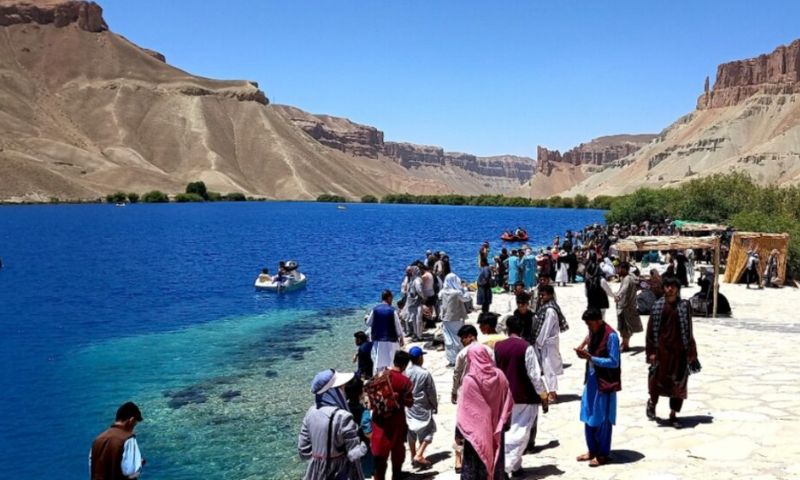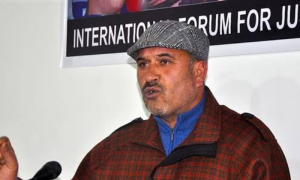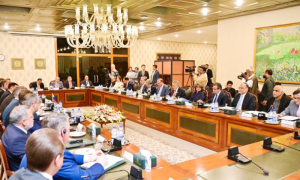KABUL: The decision to prohibit women from visiting Band-e-Amir National Park in the Bamiyan province of Afghanistan has ignited a wave of reactions both at home and abroad.
The move, spearheaded by the acting Minister of Virtue and Vice, Mohammad Khaled Hanafi, has drawn criticism from human rights advocates and organizations, leading to questions about the rights of women under the Taliban’s rule.
Heather Barr, the director of the Women’s Rights Division at Human Rights Watch, expressed deep concerns over the ban, stating that the Taliban’s actions are systematically eroding women’s rights. Barr asserted that the recent order to bar women from Band-e-Amir National Park is just another instance in a series of measures that are dismantling the essential rights that women require for a dignified life.
UN Special Rapporteur Richard Bennett also joined the chorus of voices opposing the ban. He took to social media to question the necessity of such restrictions in the name of Sharia and Afghan culture. His inquiry resonated with many who sought a clear explanation for the prohibition on women visiting the park.
Within Afghanistan, women’s rights activists have voiced their concerns about the growing restrictions on women’s freedom. Tafseer Siah Posh, a prominent activist, expressed frustration at the increasing limitations imposed on women. She called on the Taliban, referred to as the Islamic Emirate, to provide a rationale behind the ban, highlighting the importance of women’s access to public spaces.
Band-e-Amir National Park holds significant cultural and touristic value, attracting thousands of visitors, both domestic and foreign. Its stunning natural beauty has made it a popular destination for recreation and relaxation. However, the recent ban has cast a shadow over the park’s reputation, drawing attention to the limitations imposed on women’s participation in public life.
The decision to prohibit women’s entry into the park has stirred anxiety among residents, especially women, in Kabul and beyond. Safa, a Kabul resident, voiced her concerns over the increasing restrictions and called on the Islamic Emirate to consider the needs of women in their policies. The lack of clarity regarding the reasons for the ban has left many puzzled and concerned about the future of women’s rights under Taliban rule.
Mohammad Khaled Hanafi, the acting Minister of Virtue and Vice, cited women’s non-observance of hijab as the reason behind the ban. He asserted that women would be prevented from entering the park until a proper procedure is developed. However, this explanation has sparked further debate about the balance between preserving cultural and religious values and ensuring equal rights for women.


























